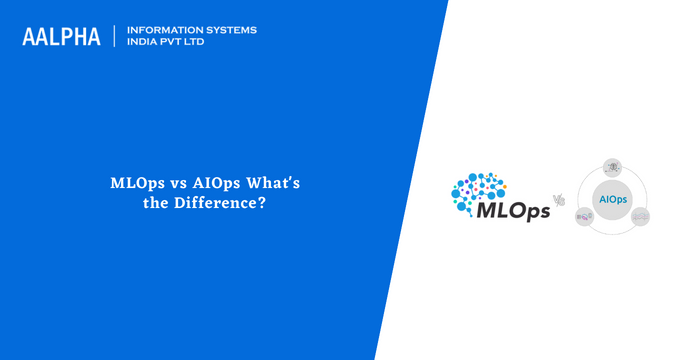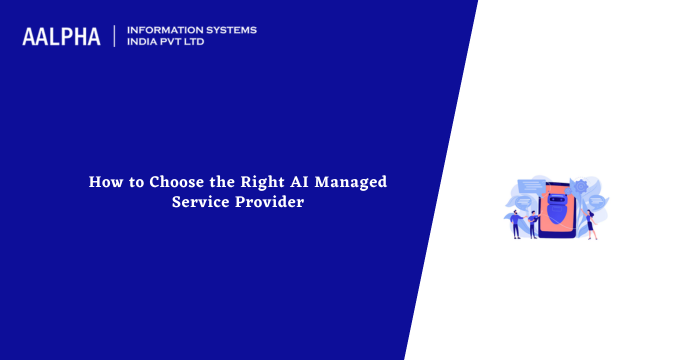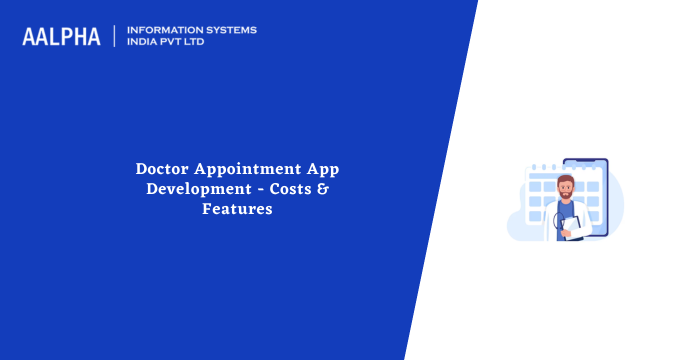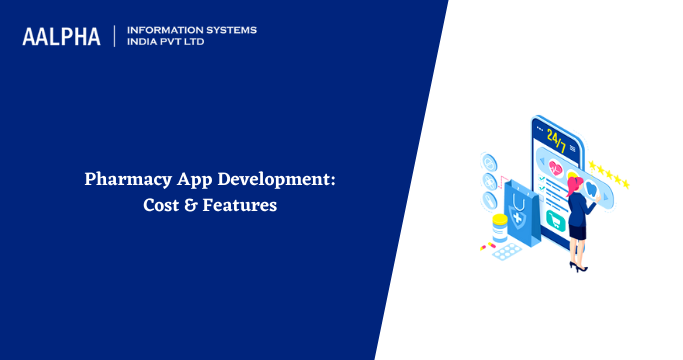When developing a product or service as a team, we must adhere to specific procedures to generate high-quality software in an organized, structured, and cost-efficient manner. Many frameworks may assist us in achieving this, typically with identical stages (from requirement elicitation to maintenance in production).
Some frameworks are designed for several independent teams, which might raise risks and delays. To keep up with rising demand and prevent delays, we must eliminate locked silos. Under the DevOps approach, we may combine two or more teams and concentrate on continuous integration and deployment, enhancing communication, accelerating deployment, and ensuring unbreakable security.
What is MLOps?
Many companies use machine learning systems in their current goods and services since ML may benefit the bottom line and increase your competitive advantage.
The challenge is that machine learning procedures are often time-consuming and resource-intensive. Companies require a framework that integrates the development and deployment of ML systems to minimize overpaying. This is the MLOps framework. It accelerates and standardizes the continual delivery of machine learning models into production.
ML stratified on DevOps – overcoming obstacles
To resolve challenges with manual installation and deployment of machine learning systems, teams must use current approaches that simplify corporate applications’ creation and efficient deployment.
MLOps employs the same idea as DevOps but adds a layer of machine learning model/system.
What is AIOps
Gartner reports that the typical company IT infrastructure creates two to three times more IT operations data annually. Traditional IT management systems will be unable to manage and address such a massive amount of data effectively.
Enterprises want an automated system that can notify IT personnel when danger is present. Instead of manually monitoring the process, a system can inform them what’s wrong and handle recurrent problems.
With the aid of AIOps, businesses can create solutions that correlate data across environments. It is a system that can give IT operations teams real-time information and predictive analysis, enabling them to react to situations effectively and satisfy user expectations.
AI tiered on DevOps
DevOps and Artificial Intelligence for IT Operations are two distinct tasks, but when merged, they may improve the system’s functionality. DevOps environment management may be challenging. Imagine searching through massive amounts of data for the reason that sparked an occurrence. The teams will ultimately spend hours. Some topics may be well-known, while others may be novel or relevant to past circumstances. Such incidents may be automatically discovered and addressed.
DevOps is a business strategy for delivering services and goods to the client/market, and AI may aid in optimizing testing, coding, releasing, and monitoring of products.
MLOps versus AIOps
Let’s compare MLOps with AIOps in advance:
-
MLOps
- Standardizes the creation of ML systems
- Enhances the effectiveness and output of the team
- Streamline cooperation across several teams
- It is essential for applying AI and Data Science at scale and with repeatability.
-
AIOps
- Automatizes IT systems and processes
- Automates study and resolution of fundamental causes
- Effectively and efficiently process and handle enormous amounts of data
- It employs innovative AI technology to address IT difficulties.
Benefits of MLOps
As stated before, MLOps focuses on developing scalable ML systems. Let’s examine how MLOps differs from the conventional approach to designing ML systems and why it’s significant.
-
Coordination of several pipelines
Creating machine learning models involves many processes (pre-processing, feature engineering models, model validation, etc.). MLOps can help you organize these workflows to update the model automatically.
-
Managing ML Lifecycle
Several phases of model development might be challenging to manage and sustain using conventional DevOps. MLOps gives an advantage for optimizing and deploying ML models in production more quickly.
-
Scalable Machine Learning Applications
The main challenge emerges as data and uses expand, which might result in failed ML applications. MLOps makes it feasible to grow machine learning programs as demand rises.
Benefits of AIOps
AIOps provides specific use cases and advantages compared to MLOps since it employs Machine Learning approaches to enhance IT Operations.
-
Proactive IT Management
In a competitive climate, the success of a product or service relies on consumer happiness. Responding to a problem is insufficient; it is essential to forecast whether a failure will occur. IT Operations must be able to anticipate and resolve issues with applications, systems, and infrastructure.
-
Data-driven decision making
In IT Operations, AIOps employ ML methods, such as Pattern Matching, Historical Data Analysis, and Predictive Analysis. With these ML approaches, choices will be based only on data, reducing human error. Such an automatic reaction will enable IT operations to concentrate on resolution rather than root cause detection.
-
Identifying abnormalities and deviations from the norm
Using ML methods such as clustering, IT Operations may discover out-of-the-ordinary activity. AIOps aid in the development of monitoring systems that may be used to identify anomalies in network traffic and adjust firewall rules automatically.
Conclusion
In this post, we learned what MLOps and AIOps are and how firms can utilize them to build scalable, effective, and sustainable systems. I hope you now understand the distinction between these two terms and their appropriate use.
Finally, connect with DevOps consulting company to know more about difference between MLOps vs AIOps.
Also read: MLOps vs DevOps




Share This Article:
Written by:
Muzammil K
Muzammil K is the Marketing Manager at Aalpha Information Systems, where he leads marketing efforts to drive business growth. With a passion for marketing strategy and a commitment to results, he's dedicated to helping the company succeed in the ever-changing digital landscape.
Muzammil K is the Marketing Manager at Aalpha Information Systems, where he leads marketing efforts to drive business growth. With a passion for marketing strategy and a commitment to results, he's dedicated to helping the company succeed in the ever-changing digital landscape.